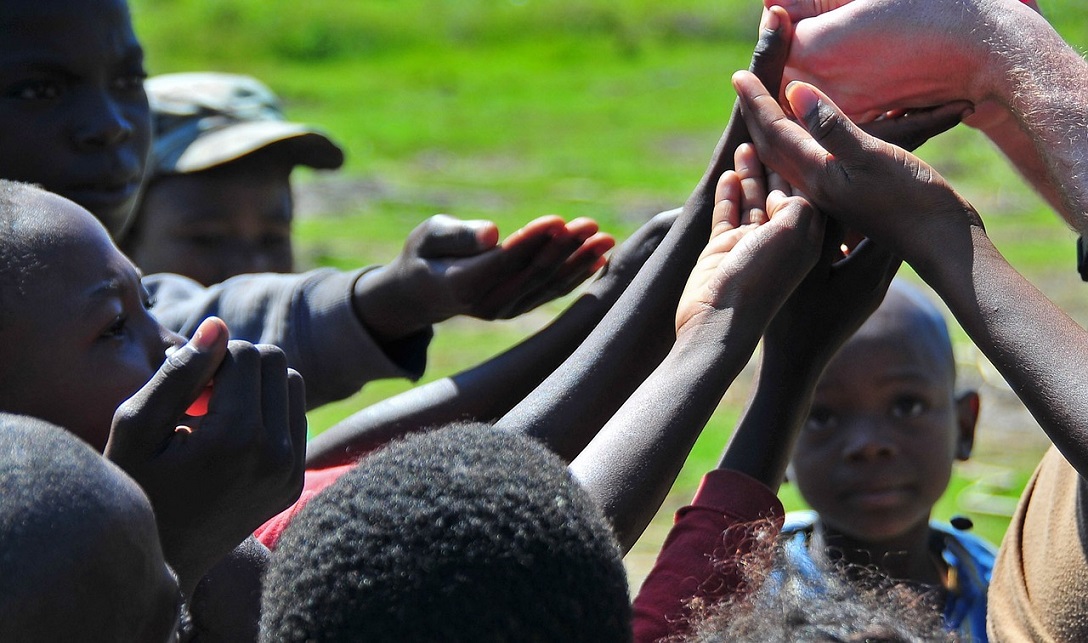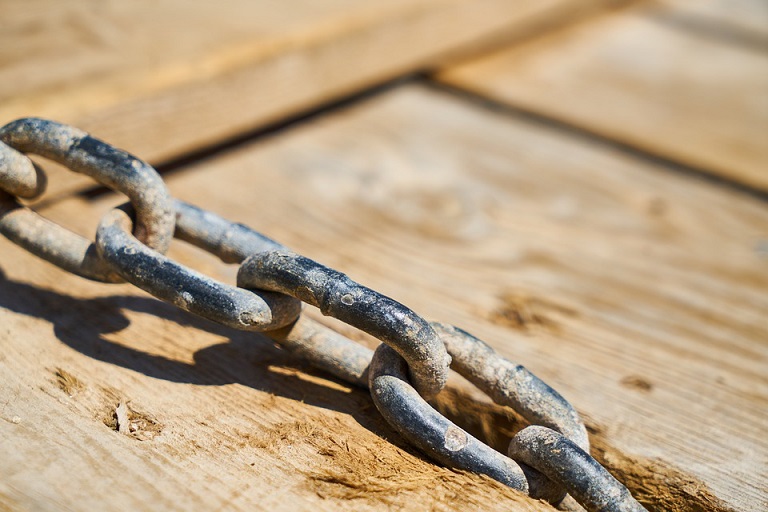Abolition Acts continued to be re-written and re-applied right up until the early 1900s. The effects are still with us.
African-Caribbean slaves are the largest group that have not been compensated for the suffering and abuse they underwent for 400 years (c. 1450-1850).
This might seem a generous date to some, and an under-estimate to others. Abolition Acts continued to be re-written and re-applied right up until the early 1900s. The effects are still with us. Some people think that an apology is inadequate, and indeed it is. But it is not a waste of time. Psychologically, it is the ‘foot in the door’ for a bigger favour to follow, compensation. This is precisely what western government’s fear, not altogether irrationally. True, they are not guilty for the original atrocity, but they are responsible for how they have, and are, handling the effects.
This includes accrued monetary and therefore capital investments, through banks and other profitable ventures. There is indeed guilt, for failing to acknowledge this responsibility, and to act on it. This requires acknowledgement.
In this article, I want to suggest that while governments may quake in their bureaucratic boots at the thought of the £7.5 trillion calculated as due from the UK (enough to bankrupt the economy) and to find all kinds of obfuscating excuses in order to distract and delay the evil moment of apology and compensation.
 True, there are difficulties in defining who should receive the compensation, but it need not impede action.
True, there are difficulties in defining who should receive the compensation, but it need not impede action.
Thus, it may easiest for NGOs and charities to lead the way in implementing compensation through a targeted approach to the present-day effects. These are primarily educational and in terms of health.
Unsurprisingly, the two are related. Better educated people are better off economically, and enjoy less stress, better diet, and can make better-informed choices. Prudent people have the greatest life expectancy, and so therefore choice and lifestyle are intimately connected. J P Morgan, the financial institution, for example, in 2005, pioneered a $5,000,000 educational project for Black youth as a form of compensation for 1,000 slaves taken in the 1850s as collateral against loans.
This sets a precedent for future claims. This may seem like a tiny dent in the effects of slavery, but it is a constructive start.
Psychologically, small steps are achievable steps, and lead to longer-term change in attitudes and actions. Behind this lies a simple dynamic. Actions shape attitudes, as attitudes shape actions.
 Prosocial actions (provided they done freely) lead to prosocial attitudes, and vice-versa.
Prosocial actions (provided they done freely) lead to prosocial attitudes, and vice-versa.
Act like a macho playa with lots of pickney as evidence, and attitudes are perpetuated that undermine family responsibility, and thus all the dysfunctions that flow from this. Slavery established this lack of structure, but there is no need to stay with this.
There are alternative definitions of reality. These alternatives need to be encouraged by government funding of NGOs and charities. Other such attitude/action, action/attitude circles that need addressing are related to (for example) why Caribbean populations (especially women) have amongst the highest cerebrovascular (stroke) rates of any ethnic group. Likewise schizophrenia (although misdiagnosis and communication is probably a part of this).
Reparations can start here, in Jamaica and Barbados, in St. Kitt’s and Nevis, Britain’s oldest slaving colonies, and work outwards.
A beginning can be made. Politicians need to the shorn by Occam’s Razor; this not as complex as is made out. What is needed is political will.
(Photos: Pixabay)













.jpg)












